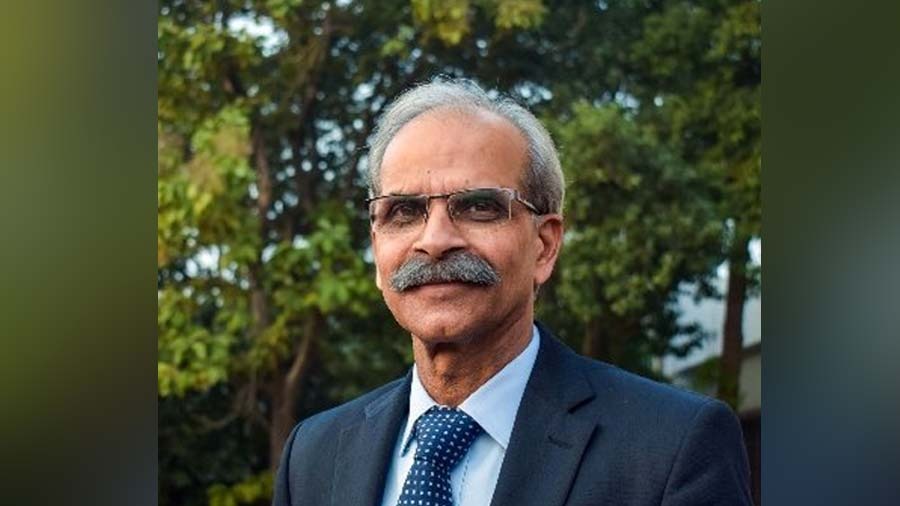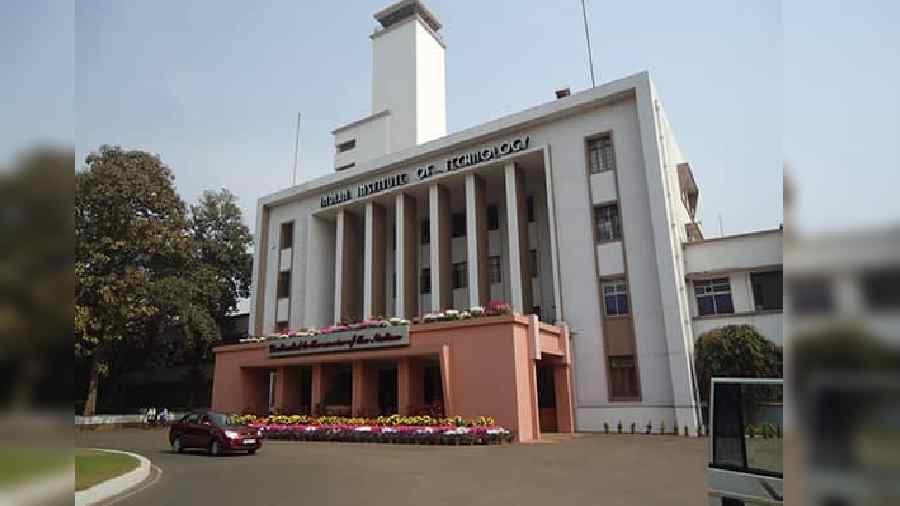A Calcutta High Court judge has in a written order called a report filed by the IIT Kharagpur director on ragging on the campus “casual” and said it “does not address any specific queries of this court”.
“Ragging leads to permanent psychological scars on the victims and can become fatal in some cases, as may have been in the instant case (the death of a student),” Justice Rajasekhar Mantha has said in regard to the death of Faizan Ahmed.
The third-year mechanical engineering student was found dead in a hostel room on October 14.
The Telegraph had reported about the court’s reservations about the IIT director’s report on Friday on the basis of what happened in the courtroom.
The written order, uploaded on the high court’s website on Friday morning, throws light on what the judge thought about the report.
“This court was interested to know as to what steps have been taken by the administration head/director pursuant to such an incident. The report only deals with pious obligations and duties preached and a brochure for new students against ‘ragging’. The report is casual and does not address any specific queries of this court,” Justice Mantha has written in his order.
“There is no hesitation on the part of this court to say that the report of the director is thoroughly misleading, if not an attempt to cover up.”
The high court on Thursday directed the director, V.K. Tewari, to appear in court on December 20 after expressing its dissatisfaction with the report he had submitted last week on steps the institution had taken in regard to what appeared to the court as a clear case of “ragging”.
Repeated calls and text messages from this newspaper to director Tewari failed to elicit any response.
The order says this court “reiterates that it is interested to know what steps have been taken by the” director or his administration after learning about the incident mentioned in the email that the “victim” (Faizan) had sent to the authorities on February 4, 2022.
A chain of events at the IIT suggests that the authorities had received complaints of “physical and mental harassment” of second-year students at the RP Hall of Residence by their seniors.
A writ petition that Faizan’s parents had filed in the court said Faizan had declined to be part of an “assimilation programme” at the RP Hall in February and March, which, the petitioners contended, was a “glorified term” for “collective ragging”.
The family has alleged that Faizan was humiliated and harassed because of his refusal to be part of the programme.
The court had on November 11 ordered the IIT director to file a report on November 21 stating the steps it had taken — based on the Supreme Court’s guidelines — in regard to an “assimilation programme”.
“The Court had enquired as to what exactly the director did after the incident of February 4, 2022. An email of that day annexed to the director’s report clearly indicates apprehension and fear against senior students after the incident in question. The incidents occurred in a purported assimilation programme conducted involving senior and junior students…. This Court notes that the incidents and the steps taken pursuant thereto have not been indicated by the director in his report,” Justice Mantha’s order reads.
The judge referred to the police report regarding the death of the third-year student.
“Mr Chatterjee (Ranajit Chatterjee), learned counsel for the petitioner, has filed an exception to the police report. He alleges that the police are allowing themselves to be influenced by the IIT administration. The ASP (additional superintendent of police) overseeing the investigation will take note of the matters pointed out in the exception and make appropriate submissions on the adjourned date (December 20),” the order says.


